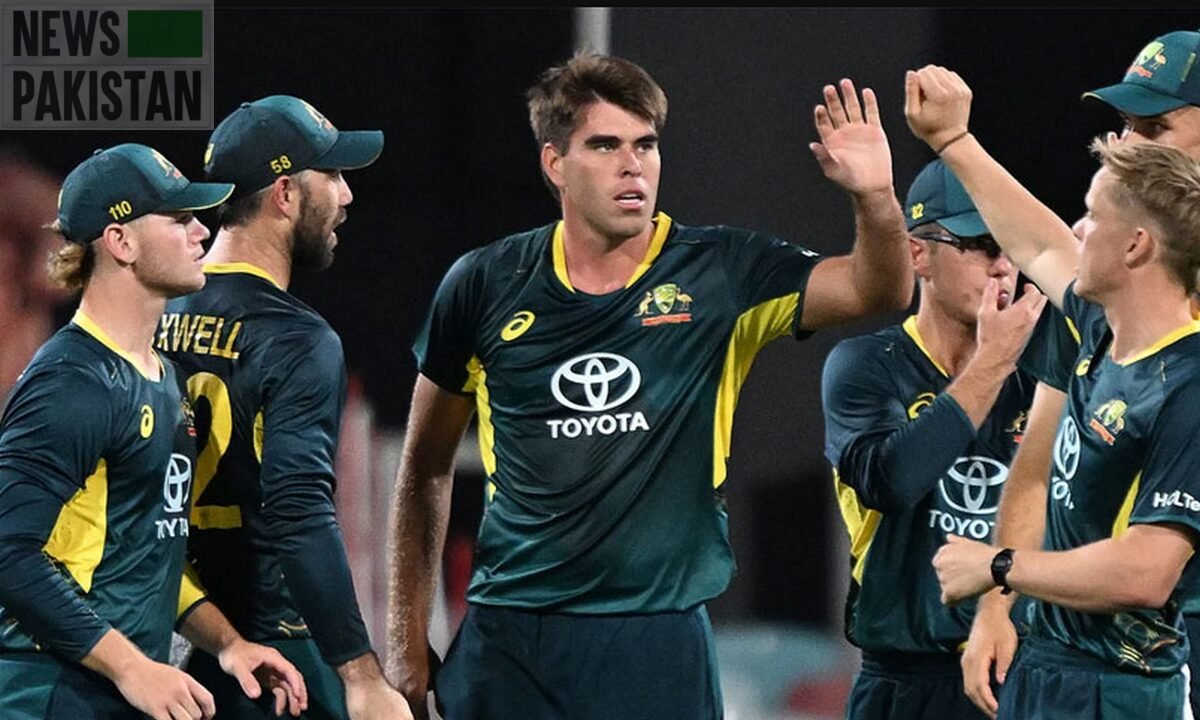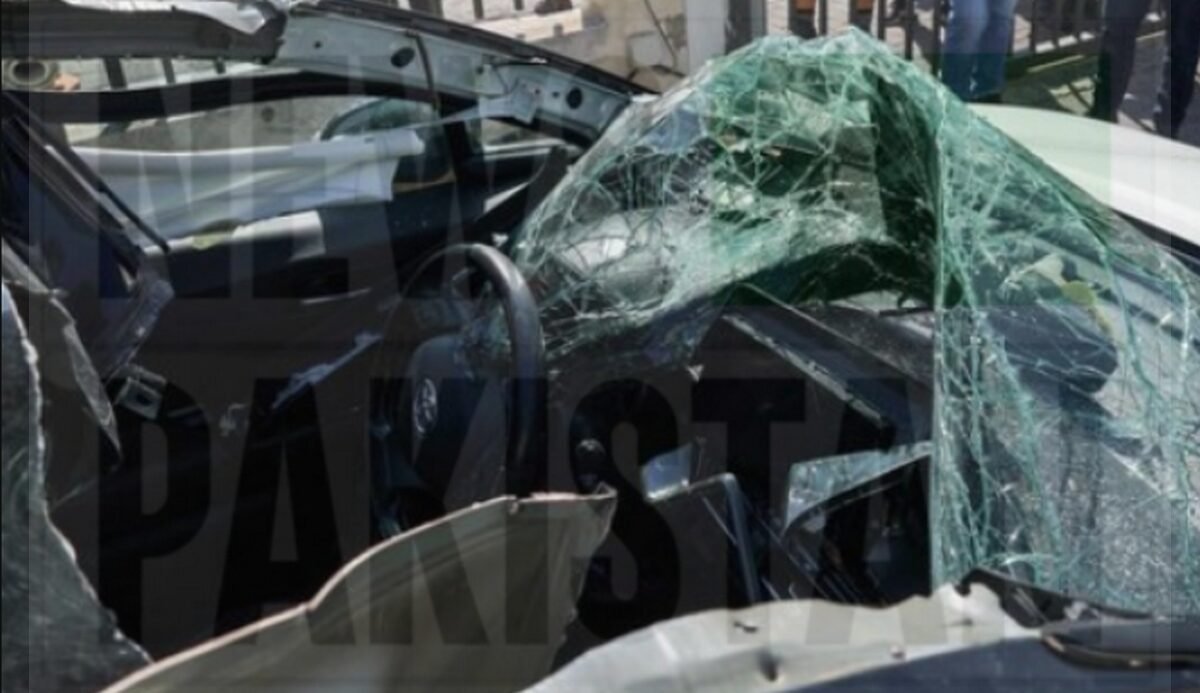MOSCOW: President Vladimir Putin has accused the West of “mean” attempts to insult Russia by re-writing World War II history as Moscow prepares to commemorate Soviet victory with a Red Square parade.
In a lengthy article in the National Interest, a conservative US magazine, Putin warned against “historical revisionism,” saying downplaying the role of the Soviet Union in World War II helped undermine the current world order.
“Desecrating and insulting the memory is mean,” he wrote in the article published late Thursday.
Some official declarations commemorating the 75th anniversary of the end of the Second World War “mention all participants in the anti-Hitler coalition except for the Soviet Union,” he complained.
“Meanness can have different manifestations, but this does not make it less disgusting,” he added.
An estimated 27 million Soviet troops and civilians were killed in World War II and the Red Army’s triumph is a huge source of pride in Russia.
Putin was angered by a European Parliament resolution last year saying the 1939 Molotov-Ribbentrop Pact between Hitler’s Germany and Stalin’s Soviet Union helped pave the way for WWII.
“I believe that it is unacceptable to equate liberators with occupants,” he wrote.
Putin has blamed the Western powers and Poland in particular for World War II, pointing to various treaties signed with Nazi Germany before the conflict began in 1939.
“We do not know if there were any secret ‘protocols’ or annexes to agreements of a number of countries with the Nazis,” Putin wrote.
The article was published in the original Russian by state newspaper Rossiiskaya Gazeta on Friday. Putin said he planned to write an article about World War II legacy last year.
Under Putin, World War II victory has increasingly dominated rhetoric and critics have accused him of seeking to co-opt history to boost his personal power.
On Wednesday, Russia is to stage a massive military parade on Red Square after it was postponed due to a coronavirus lockdown.
The article — in which he also praised Russians’ “selflessness” and “patriotism, (and) love for their home” — also came out ahead of a July 1 national vote that could extend the Kremlin chief’s hold on power until 2036.
Putin also reiterated a call on the permanent members of the United Nations Security Council to hold a summit to address challenges including global security and the pandemic.
“It would be useful to discuss steps to develop collective principles in world affairs,” he wrote.
“Our ability to work together and in concert, as real partners, will show how severe the impact of the pandemic will be, and how quickly the global economy will emerge from the recession.”
Many analysts said Putin’s op-ed was a propaganda piece designed to drum up support ahead of the July 1 vote.
“If Putin were a historian, this paper would never have passed the peer review,” tweeted Sergey Radchenko, a historian at Cardiff University.











